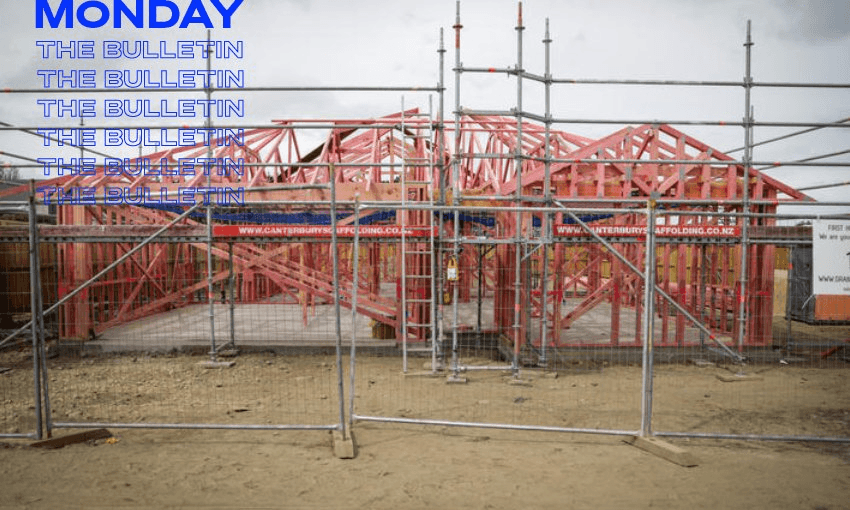The government is undertaking a market study into the cost of residential building materials and whether the sector lacks for competition, Justin Giovannetti writes in The Bulletin.
Another sector of the economy will now face government scrutiny. The Commerce Commission has been given the green light to undertake a probe of the market for residential building materials, Stuff reports. After a dive into petrol prices and an ongoing investigation of supermarkets, it’s the third study in as many years that looks at what, from the outside, seems to be an unusually expensive part of New Zealand’s economy. The study of building supplies was a Labour campaign promise and the government has long harboured a suspicion that timber and GIB board is overpriced and sold by too few players – the latter point perfectly illustrated by the fact that we call it GIB board.
The building materials sector has made the case for the study. Earlier this year, Carter Holt Harvey stopped supplying wood products to Mitre 10 and ITM. The company, owned by New Zealand’s richest person, controls half the country’s structural timber trade and despite claiming shortages, kept supplying its own subsidiary, Carters. It was seen by many as a power move by the company against its competitors. As part of an investigation into high prices across New Zealand’s economy, North & South painted a damning picture of the building supplies market, where a few companies dominate the industry.
David Clark, the commerce minister, warned as much yesterday in announcing the market study. “There have been long-standing concerns about potential competition issues, particularly due to the highly concentrated nature of some markets in the supply chain”, he said.
The cost of building supplies has soared in recent years. There have been numerous stories in recent months of people buying homes off-the-plan, only for builders to come back to them looking for thousands more in unexpected costs. According to CoreLogic, construction costs increased by 5.5% over the past year due to a sharp rise in timber and cladding prices. The increases have contributed to the surge in house prices. While it’s tough for prospective homeowners, it’s also a bad situation for contractors. OneRoof reports that there could be a wave of collapses in the building industry as small contractors struggle to finish fixed-price projects amid fast-growing costs. Some builders have already gone under in recent months and economists warn that a number of companies are only surviving off government wage subsidies in locked down areas – that funding will end in a few weeks as Auckland enters the traffic light system.
This is part of The Bulletin, The Spinoff’s must-read daily news wrap. To sign up for free, simply enter your email address below


